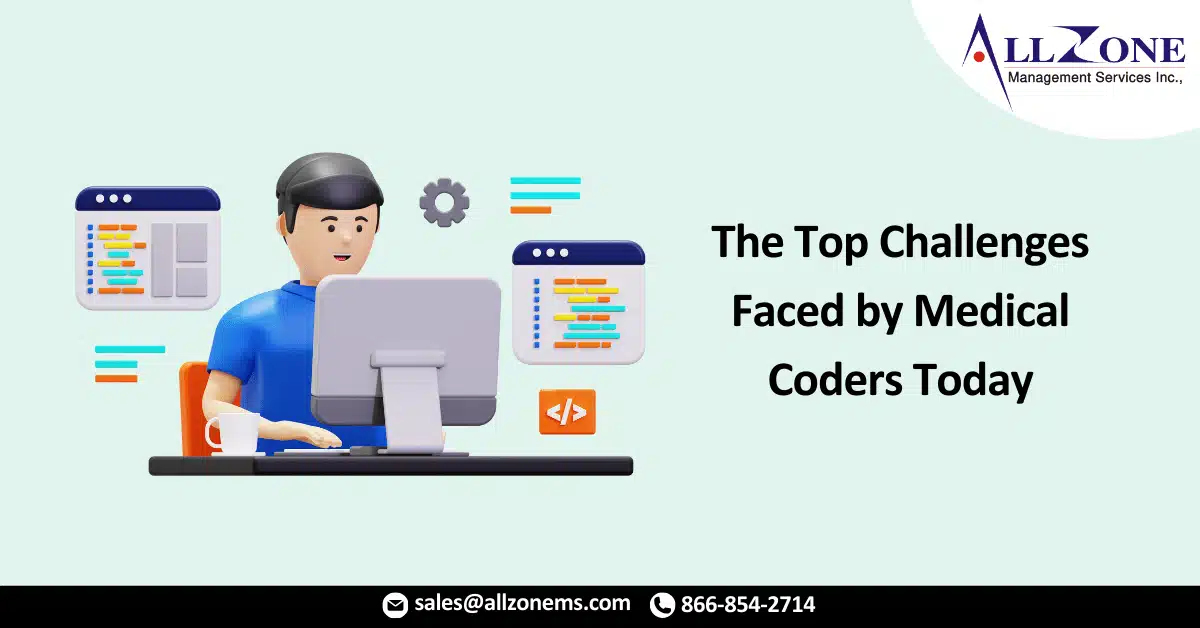Medical coding is a crucial aspect of the healthcare industry. It involves the transformation of medical diagnoses, procedures, and services into universal codes that can be easily understood and processed by healthcare providers and insurance companies. Despite its importance, medical coding is not without its challenges.
Here are some of the top challenges faced by medical coders today:
1. Keeping up with the latest coding guidelines and regulations
Medical coding guidelines and regulations are constantly changing, and it can be challenging for medical coders to keep up with these changes. Failure to stay up-to-date with the latest guidelines and regulations can result in errors and inaccuracies in the medical coding process.
2. Dealing with complex medical terminology
Medical coders need to have a deep understanding of medical terminology to accurately code diagnoses and procedures. However, medical terminology can be complex and difficult to understand, especially for those who are new to the field.
3. Ensuring accuracy and completeness of medical records
Medical coders rely on medical records to accurately code diagnoses and procedures. However, medical records are often incomplete or inaccurate, which can make the coding process more challenging.
4. Ensuring compliance with privacy regulations
Medical coders work with sensitive patient information, and it is essential that they adhere to strict privacy regulations such as HIPAA. Failure to comply with these regulations can result in significant penalties.
5. Managing workload and meeting deadlines
Medical coders often have to manage a high workload and tight deadlines, which can be stressful and overwhelming. This can lead to errors and inaccuracies in the coding process.
6. Dealing with denials and appeals
Even with accurate coding, denials and appeals can still occur. Medical coders need to be able to effectively navigate the appeals process to ensure that healthcare providers receive the reimbursement they are entitled to.
Medical coding is a complex and challenging field that requires a high level of expertise and attention to detail. By staying up-to-date with regulations, improving documentation practices, managing workload effectively, ensuring compliance with privacy regulations, and navigating denials and appeals, medical coders can help ensure that healthcare providers receive the reimbursement they need to provide quality care to their patients.

